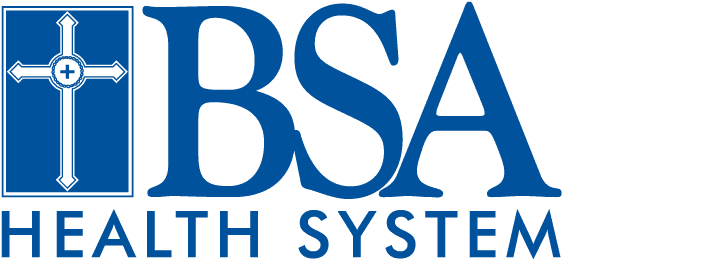Expecting and new mothers often have questions about the best ways to feed their newborns. We asked Tiffany Bateman, RN and board-certified lactation consultant at BSA Hospital, to share her insights on some of the most common breastfeeding questions.

Which is better for my baby – formula or breast milk?
Breast milk is considered the best choice for infants because it meets so many of a baby’s needs — including providing antibodies that help fight off everyday germs, the common cold, and even illnesses like childhood leukemia.
The World Health Organization and the American Academy of Pediatrics both recommend exclusive breastfeeding for the first six months of life and continuing for up to two years and beyond as mutually desired by mother and baby.
Breast milk also supports healthy brain development — most of which happens in the early years of life — and helps build a strong immune system, creating a foundation for lifelong health.
What are some disadvantages of breastfeeding?
Breastfeeding is a unique experience for each mother, and its benefits and challenges vary from person to person. While some may find it comes naturally, others may face difficulties.
To support mothers at every stage, BSA offers:
- Free Breastfeeding Basics classes for those considering breastfeeding
- A free Breastfeeding Support Group for mothers who have already delivered
- A 24/7 Breastfeeding Hotline at 806-212-5548 to connect with a lactation consultant anytime
We’re here to provide guidance, encouragement, and resources to help you meet your breastfeeding goals.
Should I schedule my baby’s feedings?
For healthy babies at home, it’s best to let your baby set the pace. Babies intuitively know when they’re hungry and when they’ve had enough.
You can expect 8–10 feeding attempts per day, with some more successful than others. Trying to time feedings can actually harm milk supply and may prevent your baby from getting everything they need. Follow your baby’s cues — they’re the best guide.
Are there any illnesses I can pass along to my baby by breastfeeding?
In rare cases, yes — but breastfeeding often helps lessen the severity of illnesses and can aid in recovery. Antibodies from your immune system are passed to your baby through breast milk, helping protect them from many illnesses.
According to the CDC:
- Mothers with suspected or confirmed Ebola Virus infection should not breastfeed.
- Mothers with HSV (herpes simplex virus) can continue breastfeeding if no lesions are present. If lesions are on the breast, stop breastfeeding from that side and do not feed expressed milk from that breast until healed.
- Mothers in the U.S. with HIV should not breastfeed.
If you’re feeling ill, contact your lactation consultant to determine if it’s safe to continue breastfeeding.
What medications should I not take if I am breastfeeding?
Some medications are not safe while breastfeeding. Always review any medications, supplements, or herbal remedies with your doctor or lactation consultant to determine what’s best for you and your baby.
For more information on BSA’s lactation services at, click here or call 806-212-2000.

